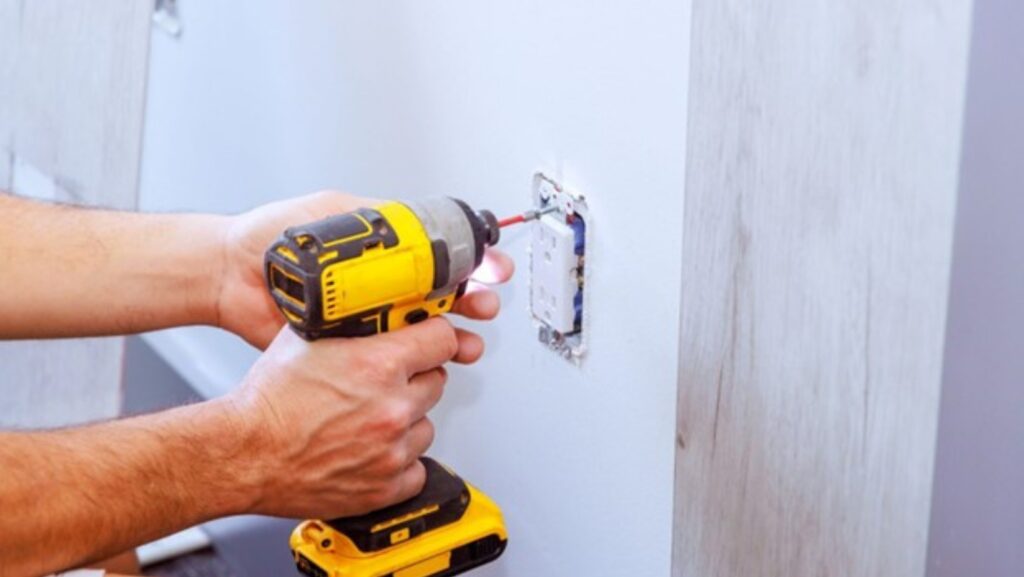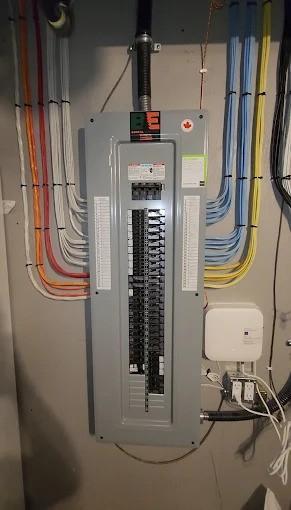
In recent years, do-it-yourself (DIY) projects have gained considerable momentum globally, and Australia is no exception. Homeowners are becoming increasingly inclined to take matters into their own hands, from painting rooms to constructing garden furniture. Among these home improvement endeavors, electrical work stands as a unique and critical category. Unlike repainting a wall or assembling furniture, electrical work carries inherent risks and complexities, making it essential for individuals to tread carefully. The fundamental decision often boils down to a choice between doing it oneself and hiring a professional. With safety, legality, and efficiency in question, this article aims to guide readers through making an informed choice regarding electrical projects.
Understanding DIY Electrical Work
DIY electrical work, in essence, involves homeowners attempting to carry out basic electrical tasks in their residences. These tasks often include simple operations such as replacing light fixtures, installing electrical outlets, or even handling minor wiring adjustments. The scope of DIY electrical work is generally limited to tasks that do not require direct intervention with the primary electrical circuitry of the home.
Common projects that fall under this category include changing a light switch, installing ceiling fans, and adding dimmer switches. While seemingly straightforward, these projects require a basic understanding of electrical systems, as well as the appropriate tools. Typical tools for these DIY tasks might include wire cutters, pliers, screwdrivers, and a voltage tester.
Adherence to local electrical codes and regulations is crucial when engaging in any DIY electrical work. Every region has specific rules designed to ensure safety and quality standards, thus preventing hazardous situations. Not following these codes could jeopardise personal safety and result in legal complications.
Benefits of DIY Electrical Work
For those willing to take on the challenge, DIY electrical work offers several appealing benefits. One of the most significant advantages is cost savings. Professional electricians can charge a premium for their services, especially for jobs that involve traveling to the homeowner’s location and providing specialized expertise. In contrast, DIY tasks can be significantly cheaper, particularly for minor repairs or installations.

Another perk of embarking on DIY electrical projects is the personal satisfaction that comes from successfully completing a task. There’s a unique joy in knowing that a part of one’s home has been personally improved or maintained without external help.
Furthermore, facilitating one’s own projects provides flexibility. Unlike working around a professional’s schedule, DIY workers can choose when to start and complete their tasks, fitting them into the most convenient times.
Lastly, engaging in DIY electrical work can be an educational experience. Homeowners can develop a deeper understanding of their home’s electrical circuitry, gaining practical skills and knowledge that could be beneficial for future troubleshooting or home improvements.
Risks and Challenges of DIY Electrical Work
However, with DIY electrical work comes significant risks and challenges. First and foremost, safety hazards are a primary concern. The possibility of electrical shock or even fires resulting from improper installations is real and serious. Not having adequate knowledge or experience can exacerbate these risks, potentially leading to life-threatening situations.
Complexity is another issue that DIY enthusiasts might confront. While some tasks might appear simple on the surface, the intricacies involved often reveal themselves during the troubleshooting phase. Identifying and rectifying issues without a professional background can quickly become overwhelming.
Another potential pitfall is the quality of work. DIY projects may not reach the same standard as work completed by a professional, increasing the likelihood of failures or the need for future repairs. Shoddy electrical work could also devalue a property, impacting potential resale options.
From a legal perspective, there are serious implications for bypassing building codes or regulations. Non-compliant work can lead to fines or enforcement actions from local authorities and, in some cases, void home insurance policies in the event of related damage.
Advantages of Hiring a Professional Electrician
When safety, precision, and quality are non-negotiable, hiring a professional electrician brings distinct advantages. Professional electricians come with a wealth of expertise built on education and hands-on experience. They are well-versed in tackling complex electrical issues with efficiency and accuracy.
Additionally, professional electrical services often come with warranties and insurance. These guarantees give homeowners peace of mind, knowing that there is a recourse for compensation or additional repairs if something goes awry.
Professional electricians also excel in efficient problem-solving. They can quickly diagnose issues and propose effective solutions, saving time and potentially avoiding more significant problems in the future.
Factors to Consider When Making Your Decision
Ultimately, the decision between DIY vs. professional electrical work hinges on several key factors. The nature and complexity of the electrical project is a primary consideration.

While minor tasks, such as replacing a light switch or installing a ceiling fan, may be suitable for a DIY approach, more complicated projects—like rewiring a circuit or upgrading an electrical panel—likely necessitate professional intervention.
Personal skill level and knowledge play a crucial role as well. A self-assessment can help determine whether one is equipped to handle the electrical tasks at hand. Misjudging one’s capabilities could lead to mistakes with safety and legal consequences.
Budget constraints also inform this decision. While DIY is often more affordable, it’s vital to weigh this against the potential costs of rectifying poor work or handling emergencies resulting from mistakes.
Safety and quality cannot be compromised, especially with tasks involving electricity. For critical electrical work, a professional is almost always the safer and wiser choice.
Conclusion
In conclusion, the choice between DIY and professional electrical work is a significant one, carrying implications for cost, safety, and quality. While DIY projects can be rewarding and cost-effective for minor tasks, they come with inherent risks that should not be underestimated. For complex or critical electrical work, hiring a professional offers numerous benefits, including expertise, safety, and assurance. As readers weigh their options, it’s essential to consider personal skill levels and the specific requirements of each project. By prioritizing safety and quality, homeowners can make informed decisions that protect both themselves and their homes.












